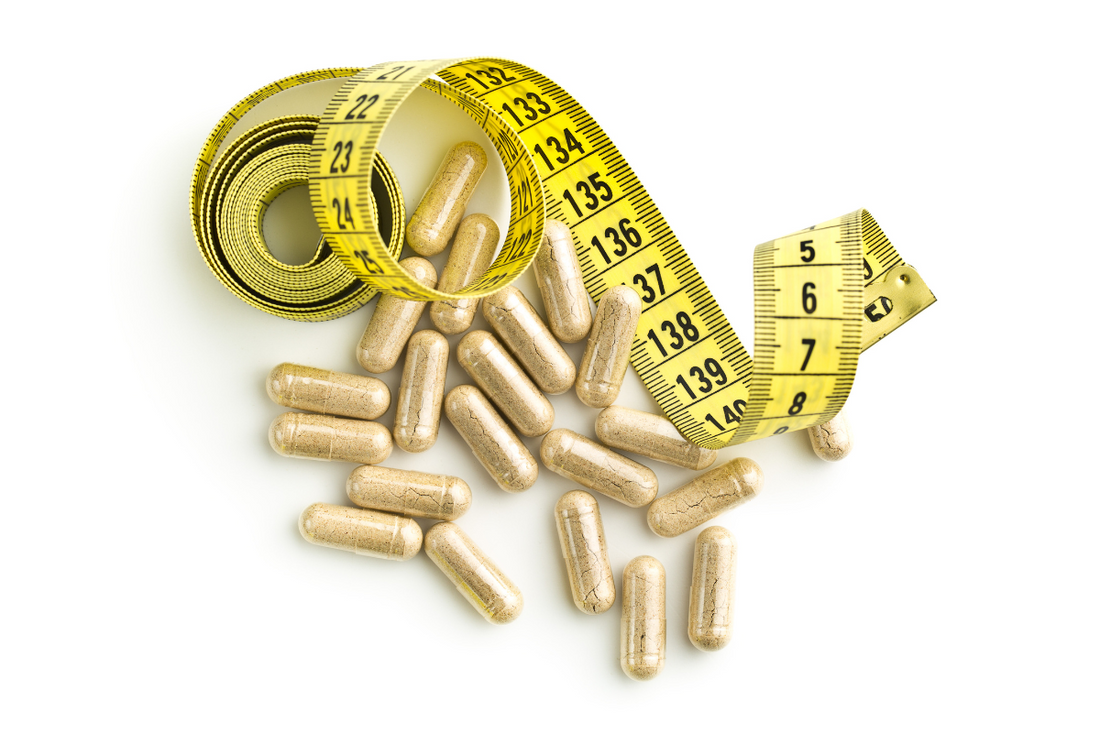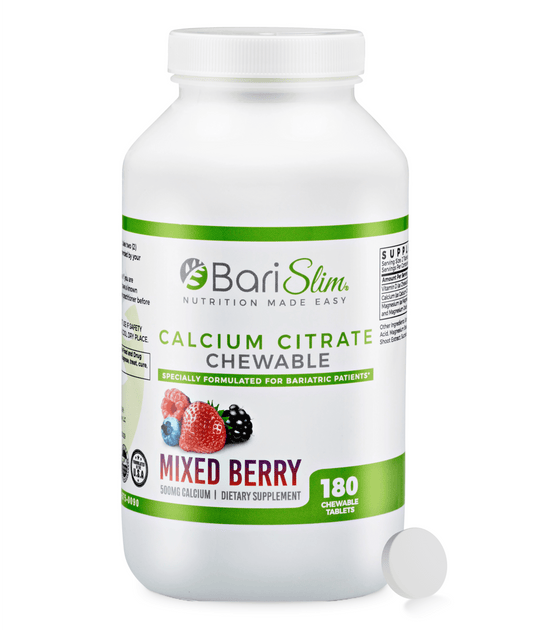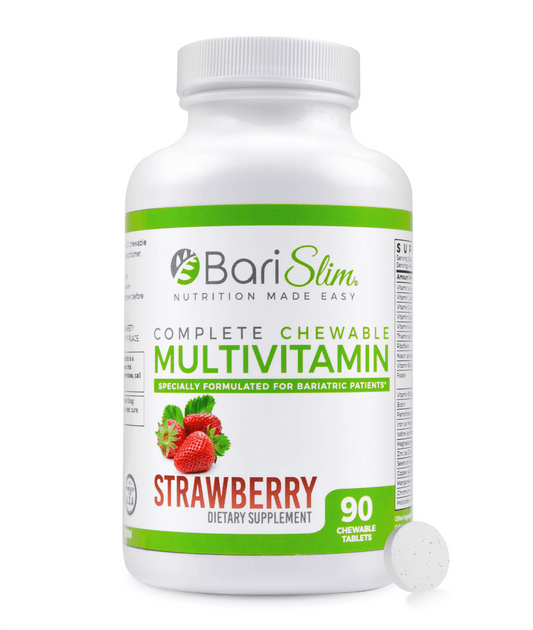Table of Contents
- Post-Surgery Bariatric Vitamins & Supplements
- Why You Have to Take Vitamins After Gastric Bypass Surgery
- What Happens If You Don’t Take Your Vitamins After Gastric Bypass Surgery
- Vitamin Deficiencies Post-Op Gastric Bypass
- What to Look For In Bariatric Vitamins and Minerals
- Lifestyle and Dietary Adjustments Post-Surgery
After undergoing gastric bypass, one of the most significant bariatric surgeries for weight loss, your body experiences substantial changes in how it absorbs nutrients. The alteration in your digestive system's architecture can lead to deficiencies in essential vitamins and minerals. As a result, supplementing with vitamins becomes not just a recommendation but a necessity to maintain your health and well-being.
Vitamins play a crucial role in supporting your body's new needs post-surgery. Your smaller stomach pouch and rerouted intestines absorb fewer nutrients from the food you consume, making it difficult to obtain the necessary amounts through diet alone. Therefore, healthcare providers often advise lifelong vitamin supplementation to prevent nutritional deficiencies.
Your commitment to taking prescribed vitamins is a pivotal aspect of the postoperative care following a gastric bypass. Adhering to a vitamin regimen is essential to support your weight loss journey while ensuring your body receives the nutrients it needs to function correctly.
Regular follow-ups with your healthcare team will help monitor your vitamin levels and adjust your supplementation as needed to align with your body's changing requirements.
Post-Surgery Bariatric Vitamins & Supplements
After gastric bypass surgery, you enter a lifelong commitment to nutritional maintenance, including a regimen of specific bariatric vitamins and supplements to prevent deficiencies and support your health.
Why You Have to Take Vitamins After Gastric Bypass Surgery

Due to changes in your stomach and digestive system post-operation, your body's ability to absorb nutrients becomes compromised. This necessitates a tailored supplement protocol to prevent nutrient deficiencies and maintain essential vitamin and mineral levels, including vitamin D, iron, calcium citrate, and B vitamins.
What Happens If You Don’t Take Your Vitamins After Gastric Bypass Surgery
Ignoring your prescribed vitamin and mineral regimen can lead to serious health problems. Symptoms like fatigue, muscle weakness, and brittle nails may signal deficiencies. More severe consequences include anemia, impairment of the nervous system, or thiamin deficiency, which can be life-threatening.
Vitamin Deficiencies Post-Op Gastric Bypass
Post-surgery, common deficiencies include:
- Vitamin D Deficiency: Affects bones and muscles.
- Iron Deficiency: Leads to anemia, impacting red blood cells and oxygen transport.
- Calcium Deficiency: Can result in weakened bones.
- Bariatric patients may also be at risk for lacking zinc, copper, folic acid, and selenium.
Therefore, supplementing with these ingredients is crucial to avoid deficiency.
What to Look For In Bariatric Vitamins and Minerals

Select supplements designed for bariatric patients, ensuring they contain the proper doses and types of nutrients to support absorption. When choosing a bariatric multivitamin, consider:
- Form: Liquid or chewable tablets may be more easily absorbed.
- Dosage: Check for mcg, mg, and IU to align with ASMBS guidelines.
- Label Integrity: Ensure transparency and reassurance from trusted sources.
- Recommendations from bariatric dietitians or your surgeon will guide appropriate selections, ensuring your supplement regimen supports optimal nutritional health.
Remember to consult with healthcare professionals like dietitians and surgeons to personalize your post-operative supplement plan.
Lifestyle and Dietary Adjustments Post-Surgery
After weight-loss surgery, such as gastric bypass or the gastric sleeve, adopting a new lifestyle is crucial for your recovery and long-term success. Lifestyle changes and dietary adjustments will become integral parts of your daily routine.
Daily Fluids: It is essential to stay well-hydrated. You should aim to consume at least 64 ounces of fluid per day, but not with meals, to prevent feeling full too quickly.
Protein Intake: Protein is necessary for healing and maintaining muscle mass. Generally, you will need between 60 to 80 grams of protein daily. Good sources include:
- Lean meat
- Poultry
- Fish
- Dairy
- Eggs
To prevent discomfort such as nausea or diarrhea, consume your protein in small portions throughout the day.
Fruits and Vegetables: Introduce a variety of fruits and vegetables into your diet. However, they should be eaten after your protein to ensure you meet your protein needs first.
Grains: Choose whole grains such as brown rice over refined grains. Begin with smaller portions to see how you tolerate them.
Vitamin and Mineral Supplements: Since your body's ability to absorb essential nutrients is altered, supplements are typically necessary for life. Your medical team will guide you on the specific types and amounts.
Avoid: Foods high in sugar and fat can lead to discomfort and are not conducive to weight loss. Also, be cautious with alcohol, as its effects can be stronger post-surgery.
It is vital that you follow the dietary recommendations provided by your healthcare providers to support healing, avoid complications, and promote long-term weight management. Regular follow-ups will help adjust your diet as needed. Remember, these changes are a commitment to your health for the rest of your life.
Also Read: Are Bariatric Vitamins Necessary? Everything You Need to Know



 Order Free Sample
Order Free Sample





